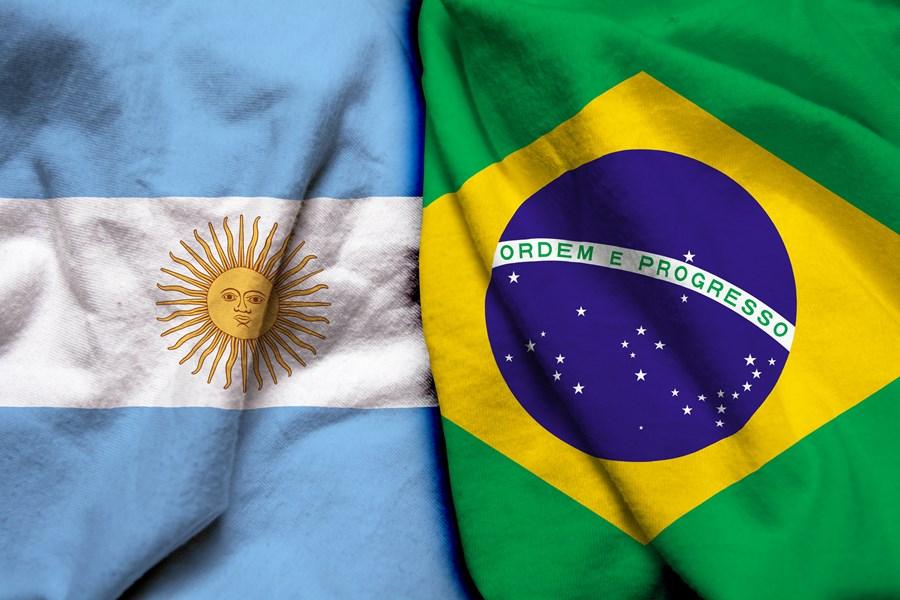RIO DE JANEIRO, BRAZIL – Faced with Argentina’s announcement that it will abandon negotiations on Mercosur agreements, the Brazilian government intends to suggest changes to the bloc’s operating rules in order to make trade negotiations viable without the neighboring country’s involvement.
Brazilian negotiators argue that current rules may hinder the progress of future agreements if there is no endorsement by the Argentine government. The plan is to remove such obstacles.
The concern refers not only to future initiatives, but also to discussions that have been formally initiated in recent years with countries such as Canada, South Korea, Lebanon and Singapore.

Created in 1991, Mercosur’s founding members are Brazil, Argentina, Paraguay and Uruguay. Venezuela joined the bloc in 2012, but has been suspended since 2016.
On Friday, April 24th, Argentina announced it would no longer be involved in negotiations for Mercosur agreements, with the exception of the two most significant ones, with the European Union and the European Free Trade Association (EFTA).
The neighboring country said the decision is due to the fact that its current priority is to fight the coronavirus and the internal economic emergencies caused by the pandemic. In the announcement, it considered that “this will not be an obstacle for the other countries to proceed with their diverse negotiation processes”.
The Brazilian government welcomed the announcement by the Argentinians because it showed that they intend to stay out of the bloc’s opening process, thereby easing the action of the other members. Among negotiators, the assessment is that the message was a gift granted to the other members, who are now free to reform the bloc free from further political tensions.
Along a different line of reasoning, members of the government say that Argentina’s “elegant way out” would be an excuse because the country has no consensus in negotiations and fears the rapprochement between Brazil and the United States.
In a resolution issued in 2000, the Mercosur founding countries signed a commitment to jointly negotiate trade and tariff agreements. This, consequently, would be the main obstacle to the progress of works at present.
The Brazilian government is awaiting a clearer definition of what Argentina will do to propose the changes, but the plan is to change the rules to remove the country from new treaties and establish protection mechanisms for the group.
In the event of a new trade agreement, the Argentine economy would be entirely segregated from the terms signed, for one. Rules would be imposed to prevent the neighboring country from benefiting from free trade or more favorable tariffs.
The assessment among government members is that the change would not imply the “beginning of the end” for Mercosur. In the new rules, Brazil wants a clause to allow Argentina to rejoin negotiations when there is a change in government or foreign policy guidelines.
Argentina’s President Alberto Fernández took office late last year. The Argentine presidential campaign was marked by barbs traded between himself and President Jair Bolsonaro. Bolsonaro concealed that he favored the victory of ex-president Mauricio Macri.
Source: Folhapress

